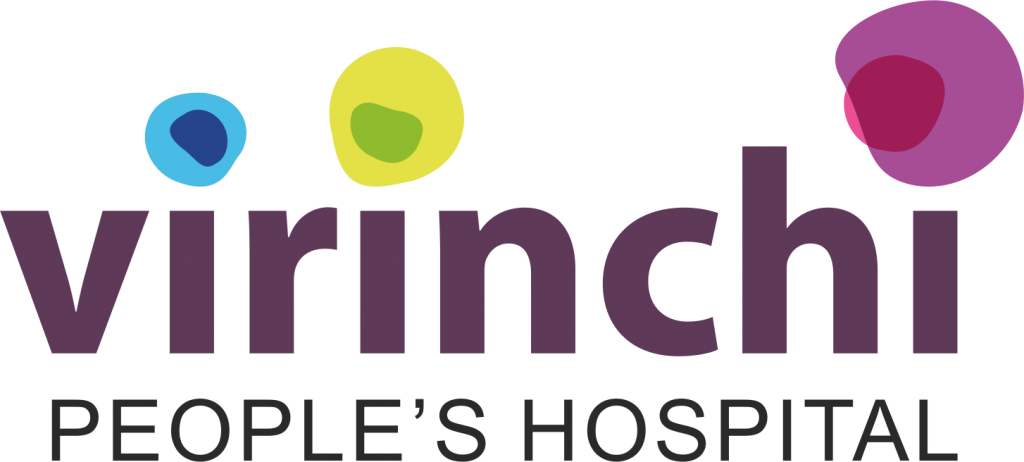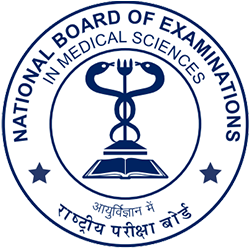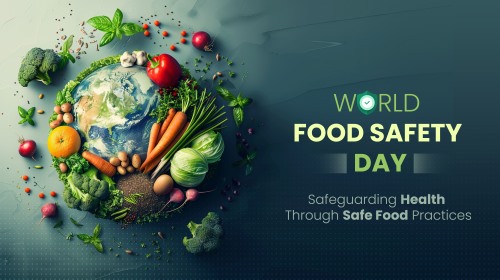Every year on June 7, the world comes together to observe World Food Safety Day, an initiative led by the World Health Organization (WHO) and the Food and Agriculture Organization (FAO) of the United Nations. This global campaign is designed to raise awareness about food safety and inspire action that helps prevent, detect, and manage foodborne risks. In 2025, the focus continues to be building a safer, healthier future through improved food handling practices across all levels from farm to fork.
Why Food Safety Matters
Food safety is more than a health issue; it’s a shared responsibility and a cornerstone of public health. Unsafe food can carry harmful bacteria, viruses, parasites, or chemical substances that cause more than 200 diseases, ranging from diarrhea to cancer. According to WHO, an estimated 600 million people, almost 1 in 10 worldwide, fall ill after eating contaminated food each year, and 420,000 die as a result.
Beyond the human cost, foodborne illnesses place a tremendous strain on healthcare systems and damage economies, particularly in low- and middle-income countries. Ensuring food safety helps reduce disease burden, protect children’s health and development, and boost food security.
Theme for World Food Safety Day 2025
This year’s theme is “Food Safety: Prepare for the Unexpected”, highlighting the need for preparedness to handle food safety incidents—whether it’s a local contamination issue or a global food supply chain crisis. Natural disasters, pandemics, or logistical failures can disrupt food safety systems. Being proactive is crucial to minimizing risks and ensuring continuity.
The Role of Healthcare Institutions
Hospitals and healthcare providers play a vital role in promoting food safety. At Virinchi People’s Hospital, for example, we emphasize the importance of:
- Nutrition Counseling: Guiding patients on hygienic food preparation and safe storage.
- Infection Control: Ensuring food served within hospitals meets safety standards to protect vulnerable patients.
- Public Awareness: Hosting workshops and campaigns to educate communities on food safety basics.
Conclusion
World Food Safety Day is a reminder that access to safe food is a basic human right. Whether you’re a farmer, food processor, retailer, healthcare professional, or a consumer, everyone has a role in ensuring food safety. Together, by adopting best practices and staying informed, we can reduce the burden of foodborne diseases and build a healthier, safer world.
Let’s celebrate World Food Safety Day by choosing health, choosing hygiene, and choosing safety—one meal at a time.





